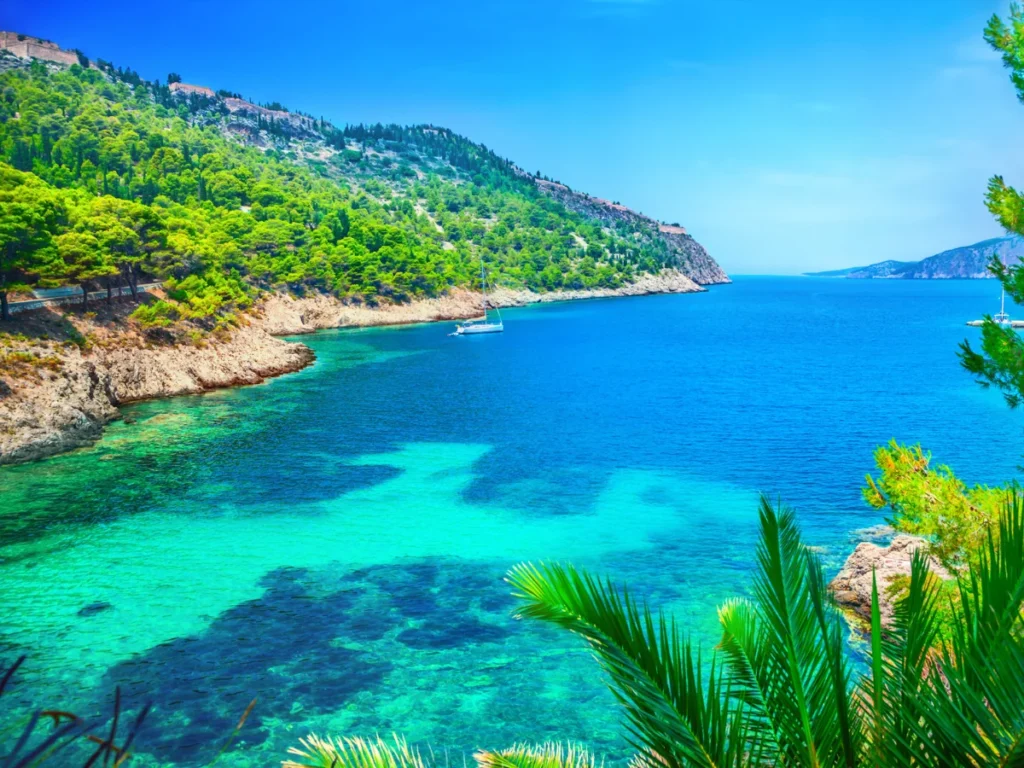Cimon was a statesman and general of ancient Greece
Cimon was a statesman and general of ancient Greece, known for his dual Athenian-Spartan heritage. His upbringing and education infused him with a strong sense of duty to Athens. His military prowess shone during the Greco-Persian Wars, culminating in the victory at the Battle of Eurymedon. Cimon’s political career was marked by efforts to expand Athens’ influence and foster alliances, but his exile and return underscored the fluidity of ancient Athenian politics.

Cimon was a statesman and general of ancient Greece
Cimon, a prominent figure in ancient Greece, exemplified the essence of statesmanship and military prowess. His life and actions left an indelible mark on the history of Greece, shaping its political landscape and military strategies.
Early Life and Background
Born into the illustrious Athenian Philaidai family, Cimon inherited a legacy of leadership and influence. His father, Miltiades, was a renowned general who played a pivotal role in the Battle of Marathon. From an early age, Cimon was immersed in the political and military affairs of Athens, honing his skills and intellect.
Rise to Prominence
Cimon’s ascent to prominence was propelled by his exceptional military achievements and diplomatic acumen. He distinguished himself in numerous battles, displaying remarkable courage and tactical brilliance. His pivotal role in securing victory against the Persian invaders at the Battle of Salamis solidified his reputation as a formidable military leader.
Statesmanship and Diplomacy
Beyond the battlefield, Cimon demonstrated remarkable statesmanship and diplomatic finesse. As a staunch advocate of Athenian imperialism, he championed policies aimed at expanding Athenian influence throughout the Aegean region. His alliances with other Greek city-states, such as Sparta, further bolstered Athens’ hegemonic aspirations.
The Delian League
Cimon’s most enduring legacy lies in his leadership of the Delian League, a maritime confederation established to counter Persian aggression. As the de facto leader of the league, Cimon oversaw its expansion and consolidation, transforming Athens into the preeminent naval power of the ancient world.
Cultural Patronage
In addition to his military and political endeavors, Cimon was a passionate patron of the arts and culture. He lavished vast sums of wealth on public works projects, beautifying Athens with magnificent monuments and temples. His patronage enriched Athenian society, fostering a golden age of intellectual and artistic flourishing.
Walls linking Piraeus and Athens
Cimon proposed constructing walls linking Piraeus and Athens, fortifying the city-state against potential threats. His vision aimed to bolster Athens’ defense and enhance its strategic importance. The ambitious project symbolized Athenian power and unity, cementing its position as a dominant force in the region. Cimon’s proposal underscored his commitment to safeguarding Athens’ sovereignty and prosperity through proactive infrastructure development.
Rivalry with Themistocles
Despite his achievements, Cimon’s career was not without controversy. His rivalry with Themistocles, another prominent Athenian statesman, simmered beneath the surface, fueled by conflicting ambitions and ideologies. Their ideological clash ultimately led to Cimon’s ostracism from Athens, marking a dramatic reversal of fortune.
Exile and return
Cimon, Athenian general, faced exile due to political rivalries. However, Athens soon faced threats, and they recalled Cimon for his military prowess. With his return, he led Athenian forces to victory against Persia. His exile transformed into a triumphant homecoming, solidifying his place in Athenian history.
Legacy and Influence
Although his political career ended in exile, Cimon’s legacy endured, shaping the course of Athenian history for generations to come. His visionary leadership and unwavering commitment to Athenian hegemony laid the groundwork for Athens’ subsequent dominance in the ancient world. Today, Cimon is remembered as a symbol of Athenian greatness and the embodiment of Greek virtue.
